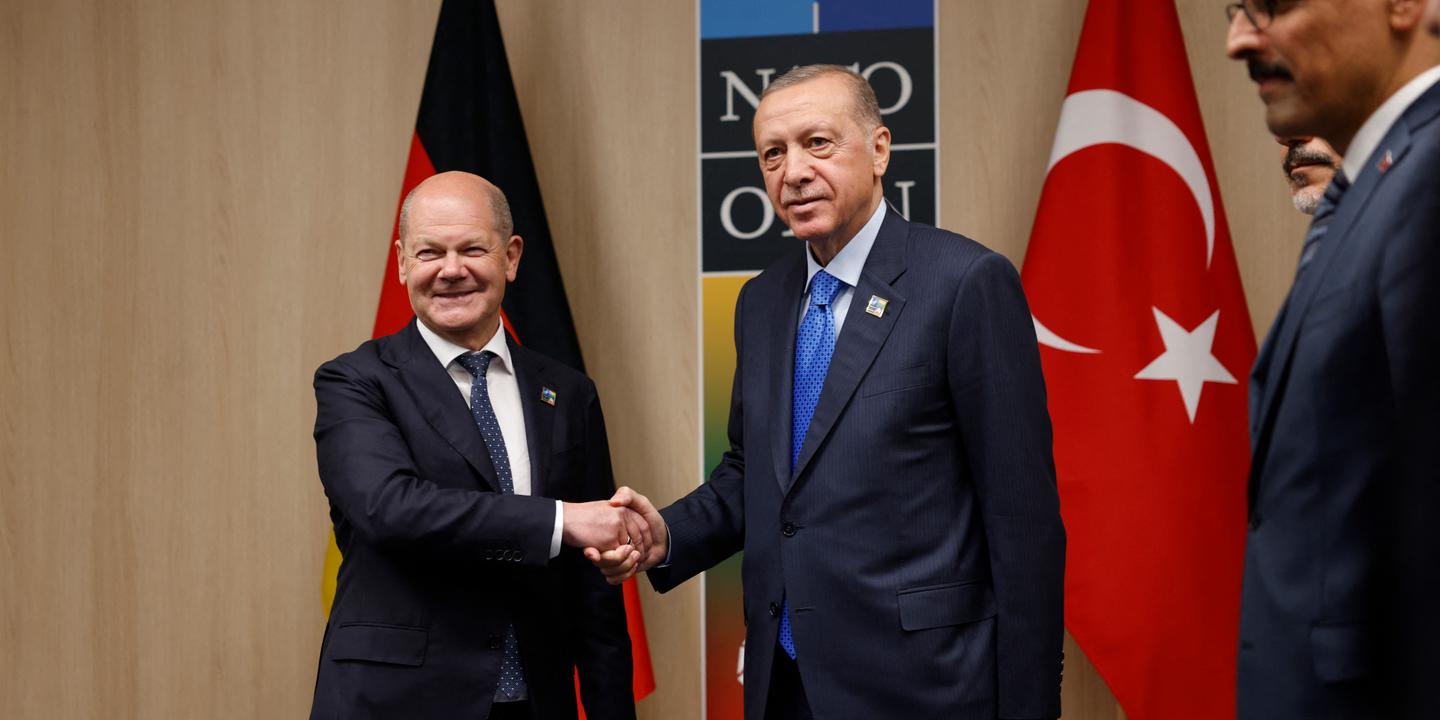Medical Students Announce Return Amidst Ongoing Tensions with Government

In a significant development, medical students who have been on an unauthorized leave of absence for over a year in protest against the government's medical school expansion policy have declared their intention to return to school. The Korean Medical School and Medical Graduate School Student Association (의대협) held a joint press conference on July 12 at the Korean Medical Association headquarters in Yongsan, Seoul, alongside the National Assembly's Education and Health Committees. They issued a statement emphasizing their trust in the National Assembly and the government, pledging to work towards normalizing medical education and the healthcare system. However, they did not specify the details or timeline of their return, leaving uncertainty about whether they will actually resume classes.
This marks the first time since their collective leave began in February of last year, in response to the Yoon Suk-yeol administration's policy to increase medical school enrollment, that the students have expressed a unified intent to return. After 17 months, some students, particularly those in their third and fourth years who need to participate in clinical practice, have returned, but many have not yet re-enrolled for the current semester. If this trend continues, approximately 8,300 students across all years could face academic penalties, with 46 students at risk of expulsion.
The 의대협, along with the National Assembly and the Korean Medical Association, has urged President Lee Jae-myung and the government to develop comprehensive measures to normalize the academic calendar, allowing medical students to return to their studies. Their conditional return announcement comes after previous requests from the government and universities to return to school were ignored, leading to potential academic penalties. Most medical schools are expected to finalize academic penalties by mid-July, and the students are pressuring the government to facilitate their return before these penalties are confirmed.
In their joint statement, they also called for the establishment of a consultative body to address the damages caused by the previous government's policies and to ensure the participation of affected parties in discussions about long-term improvements to the educational and training environment.
Despite this announcement, there are doubts within the government and among observers about the feasibility of a full return. First and second-year students, who primarily take general education courses, may be able to catch up during the summer break and the second semester. However, third and fourth-year students, who must complete over 40 weeks of specialized classes, face challenges in making up for lost time. Additionally, these students need to complete clinical practice to qualify for the medical licensing exam, making it difficult to align schedules even if they return now. For the 의대협's call for a full return to be realized, the government would need to reconsider its existing policy against academic leniency regarding penalties.
The following is the full text of the joint statement:
**Joint Statement for the Normalization of Medical Education**
The healthcare system in South Korea is facing an unprecedented crisis, a dire consequence of the unilateral decisions and policy failures of the Yoon Suk-yeol administration. The government has pushed through healthcare policies without adequate social consensus and careful consideration, resulting in a social disaster characterized by a healthcare void.
As a result, lives that could have been saved have been lost due to this healthcare gap, and countless patients and their families are suffering daily.
The more significant issue is that if this situation continues to escalate, the foundation of our healthcare system could collapse. If the educational framework for training future doctors deteriorates further, South Korea will face an irreversible healthcare crisis.
We must resolve this situation promptly. If medical education halts now, the repercussions will inevitably fall on the public.
We promise the citizens:
- The 의대협 will work diligently to normalize medical education and the healthcare system by returning all students to school, trusting in the National Assembly and the government.
- The Korean Medical Association will actively support the normalization of medical education and continue responsible discussions with the government to restore healthcare.
- The National Assembly will work with the government to ensure that measures for the normalization of medical students' education are established promptly.
- We will implement sufficient protective measures to ensure that returning medical students can focus on their studies without facing disadvantages or anxieties.
Furthermore, we officially propose two requests to the President and the government:
1. Please develop comprehensive measures to normalize the academic calendar, allowing medical students to return to their education.
2. Establish a consultative body to address the damages caused by the previous government's policies and ensure the participation of affected parties in discussions about long-term improvements to the educational and training environment.
The resumption of residency training cannot be delayed any longer. The National Assembly and the medical community will work swiftly to form practical discussion units with stakeholders to devise concrete solutions.
The lives and safety of the public are the highest values that cannot be exchanged for anything else. We earnestly appeal for the opening of a path to normalize healthcare, starting with the academic normalization of medical students.
What do you think?
0 reactions





